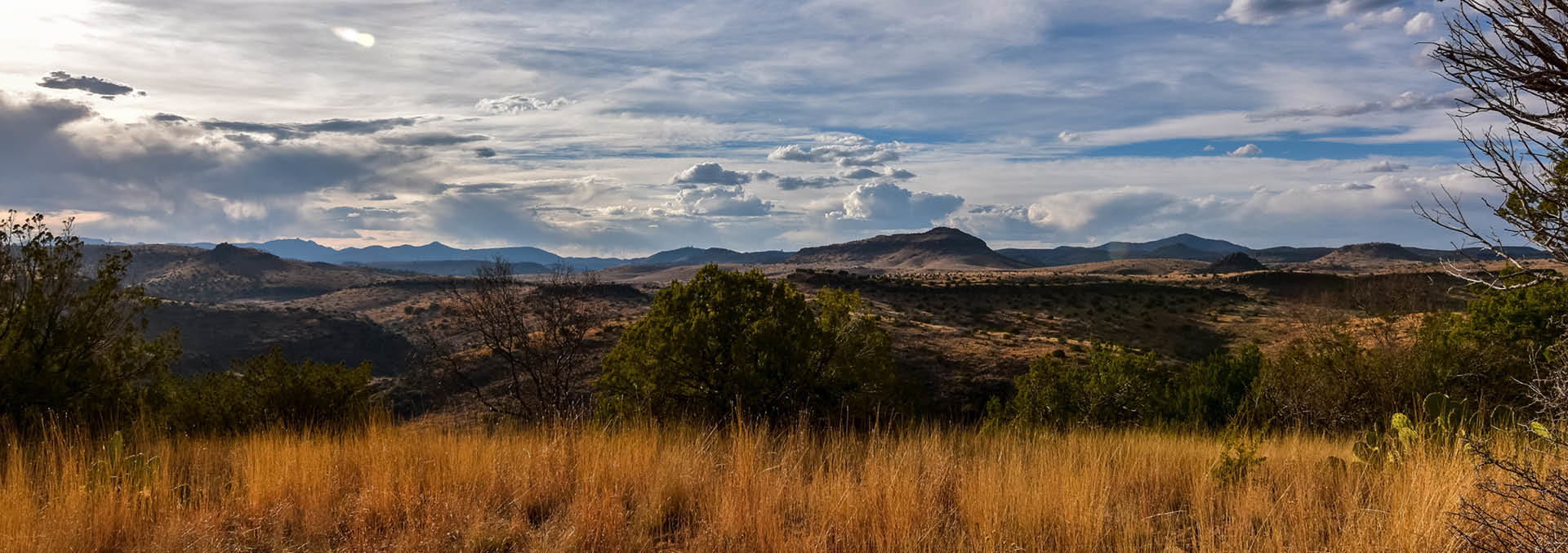Archeological Marels in the Davis Mountain region of West Texas
Written by Alex Lovett-Woodsum, Fay Ranches Editor
An 1895 hunting expedition to the peak of Mount Livermore in the Davis Mountains of far West Texas led to a significant early archeological discovery when two hunters found a cairn filled with primitive arrow points. Later explorations yielded many more points, a discovery now known as the Livermore Cache. A flurry of expeditions followed throughout the region. Subsequent discoveries were not well documented and many artifacts were lost over time, though most of the original Livermore Cache is displayed in a museum in Texas. Over the years, additional significant caches were discovered, including the Means Cache in 2002. The Means family contacted archeologists, permitting them to participate in the excavation and thus preserving the scientific integrity of the discovery and providing the first formally documented mountaintop cache in the region. [1]
Long before being settled by Mescalero Apaches and later by early ranchers, the Trans-Pecos mountain region of West Texas was home to prehistoric hunter-gatherers known as the “Livermore Culture,” who inhabited the area from approximately 800 A.D. to 1350 A.D. Today, relatively little is known about this prehistoric group, though notes from Spanish explorers and archeological discoveries like the Livermore and Means Caches provide important insights about their behavior and lifestyle.[2] A 2008 expedition led by archeologist Robert Mallouf on the privately-owned Wild Rose Ranch—named for the Demaree rose found only in the Davis Mountains—led to the discovery of the Indian Sign Cairn Site. Subsequent explorations of the ranch identified prehistoric rockshelters, camps and other signs of the prehistoric group. These discoveries have great significance, each furthering knowledge of the long and rich history of the area.
Much of the Davis Mountain region is comprised of large, privately-owned ranches that have mostly been in the same families, many for over a hundred years. Lion Mountain Ranch—originally called the Powell Ranch by the soldier who established it in the late 1800s and now named for one of many famed peaks on its vast 16,655 acres—recently became available for sale. In addition to its sweeping vistas, igneous rock features, mountains, canyons, springs, creeks, and a remarkable diversity of trees, grasses and wildlife, this breathtaking property is rich with history and full of archeological sites, most of which have never been fully investigated. The ranch is rife with possibilities, from wild game hunting to cattle grazing, but perhaps some of the most intriguing and unique features of this vast property are the largely unexplored sites that could provide even more fascinating information about the early cultures that helped shape this beautiful region of Texas.
For any buyers seeking a truly unique ranch in the fabulous Davis Mountains of West Texas, we highly recommend a closer look at Lion Mountain Ranch. The pictures are fantastic but a ranch visit is necessary to fully appreciate everything the ranch has to offer.
[1] Mallouf, R.J. The John Z. and Exa Means Cache Center for Big Bend Studies Sul Ross State University, Spring 2009 (Volume 20)
[2] Mallouf, R.J. The John Z. and Exa Means Cache Center for Big Bend Studies Sul Ross State University, Spring 2009 (Volume 20)

